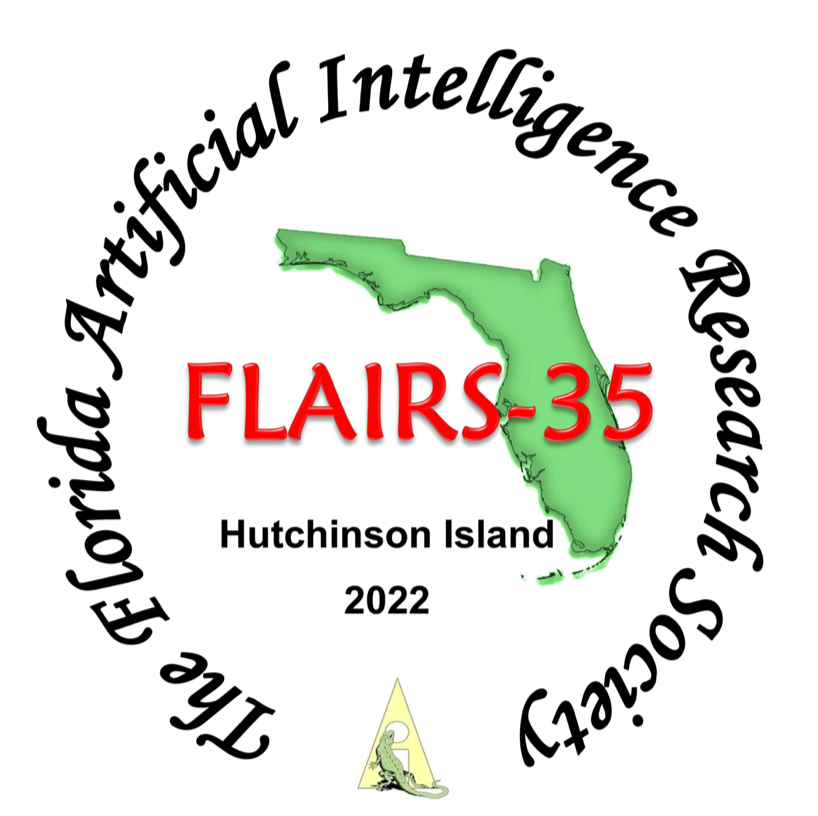Less is More: Decision Making & Information Sharing Under Severe Uncertainty
DOI:
https://doi.org/10.32473/flairs.v35i.130872Keywords:
uncertain reasoning, multi-agent uncertain reasoning, multi-agent decision making, misinformation, information economics, imprecise probabilitiesAbstract
As the threat of misinformation grows in the digital age, so too grows the urgency to understand how evidence- sharing in communities impacts consensus-building on matters of fact. Is greater informational transparency amongst members of a community necessary for consensus to be in agreement with the facts? To answer this question and those like it, we examine optimal design of information-sharing arrangements within communities that draw inferences and make decisions under conditions of uncertainty, including those wherein information is scarce or conflicting. While we model information-sharing communities in terms of network graphs, we model belief states and evidential learning using an extension of the Bayesian paradigm, namely, sets of probabilities individually conforming to conditionalization, to allow for a broader range of belief states responding to evidence. We report findings drawn from simulations on accuracy and speed of reaching consensus across information-sharing communities. Contrary to what might be expected, increasing informational transparency decreases a community’s ability to reach consensus conforming to the truth. However, when individuals comprising an informational economy are not required to adhere to strict Bayesian standards — but only those of its extension — our findings show that communities reach consensus with greater speed and accuracy.
Downloads
Published
How to Cite
Issue
Section
License
Copyright (c) 2022 Gene, Arthur Paul Pedersen

This work is licensed under a Creative Commons Attribution-NonCommercial 4.0 International License.


